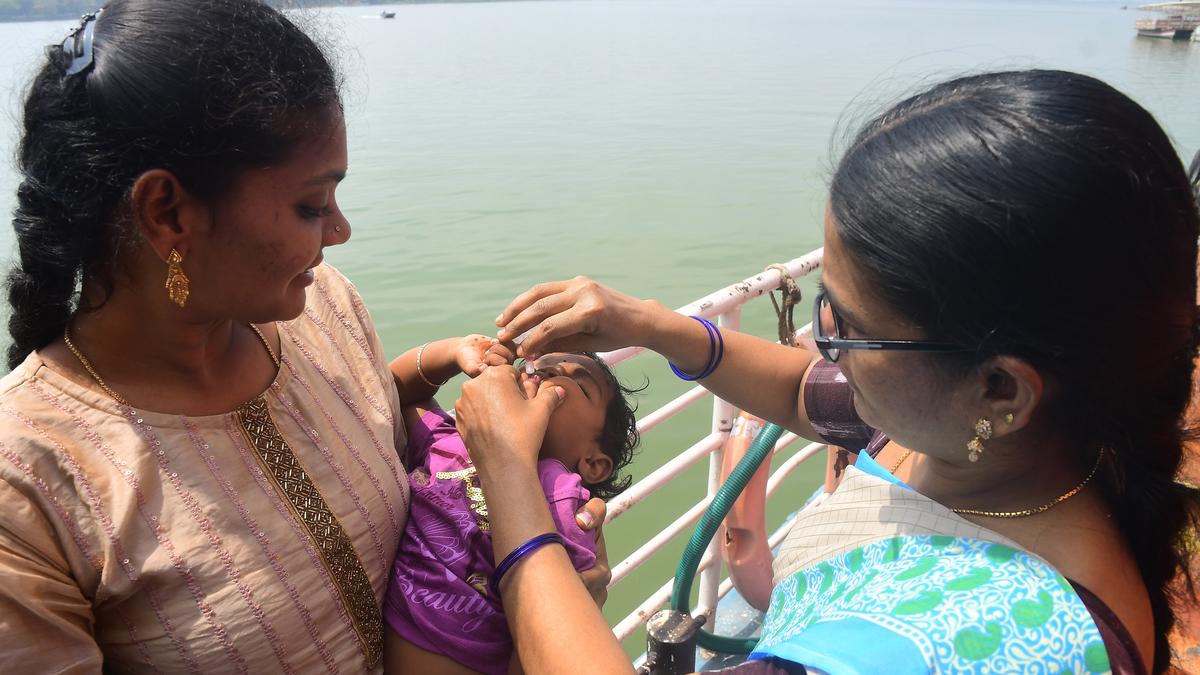Now Reading: India’s Public Health System: Gaps in Services and Education Highlighted
-
01
India’s Public Health System: Gaps in Services and Education Highlighted
India’s Public Health System: Gaps in Services and Education Highlighted

Fast summary:
- World Health Day 2025: Focuses on the theme ‘Healthy Beginnings, Hopeful Future,’ emphasizing promises for global health.
- Public Health in India: Public health governance in India is fragmented due to scattered responsibilities across various levels of government and ministries. This disjointed structure stems from colonial inheritance and federal adaptations post-independence.
- Current Challenges in Public Health Governance:
– Divided roles among State, Union, and Concurrent lists lead to limited accountability and synergy.
– Contradictory policies such as supporting tobacco cultivation while combating tobacco-related diseases highlight a lack of unified vision.
- Public Health Education Issues:
– India’s Master of Public Health (MPH) programmes lack standardization in curriculum,eligibility criteria,and interdisciplinary focus.
– Critical domains like public health engineering, behavioural sciences, food safety regulations, health technology assessment are inadequately covered or omitted entirely.
– The two-year MPH programme struggles with its breadth of topics versus time constraints.
- Workforce Concerns: There is no structured public health cadre across most States to utilize MPH graduates effectively. Employment opportunities are frequently enough limited to short-term projects or administrative roles.
[Image Caption:] Representational image depicting the blend of medical sciences,engineering solutions,and social sciences essential for public health.
Indian Opinion Analysis:
The article highlights critical systemic issues affecting both governance and education within India’s public health ecosystem.Fragmented responsibilities at multiple governmental levels hinder unified action plans needed for proactive healthcare measures like disease prevention or addressing emerging challenges such as antimicrobial resistance or climate-related illnesses.
Improving India’s Master of Public health (MPH) programmes requires nationwide standardization with interdisciplinary modules tailored to contemporary needs-combining epidemiology with behavioural science training and policy interpretation skills. Additionally, creating a structured cadre for public health professionals aligned with the National Health Policy objectives coudl transform healthcare responses from reactive to preventive.
Strengthening public health systems should be viewed on par with other aspects crucial to national security as thay directly impact lives during pandemics or environmental crises-a forward-looking approach demands cohesive planning across governance layers paired with robust educational reform.Read More: The Hindu





















